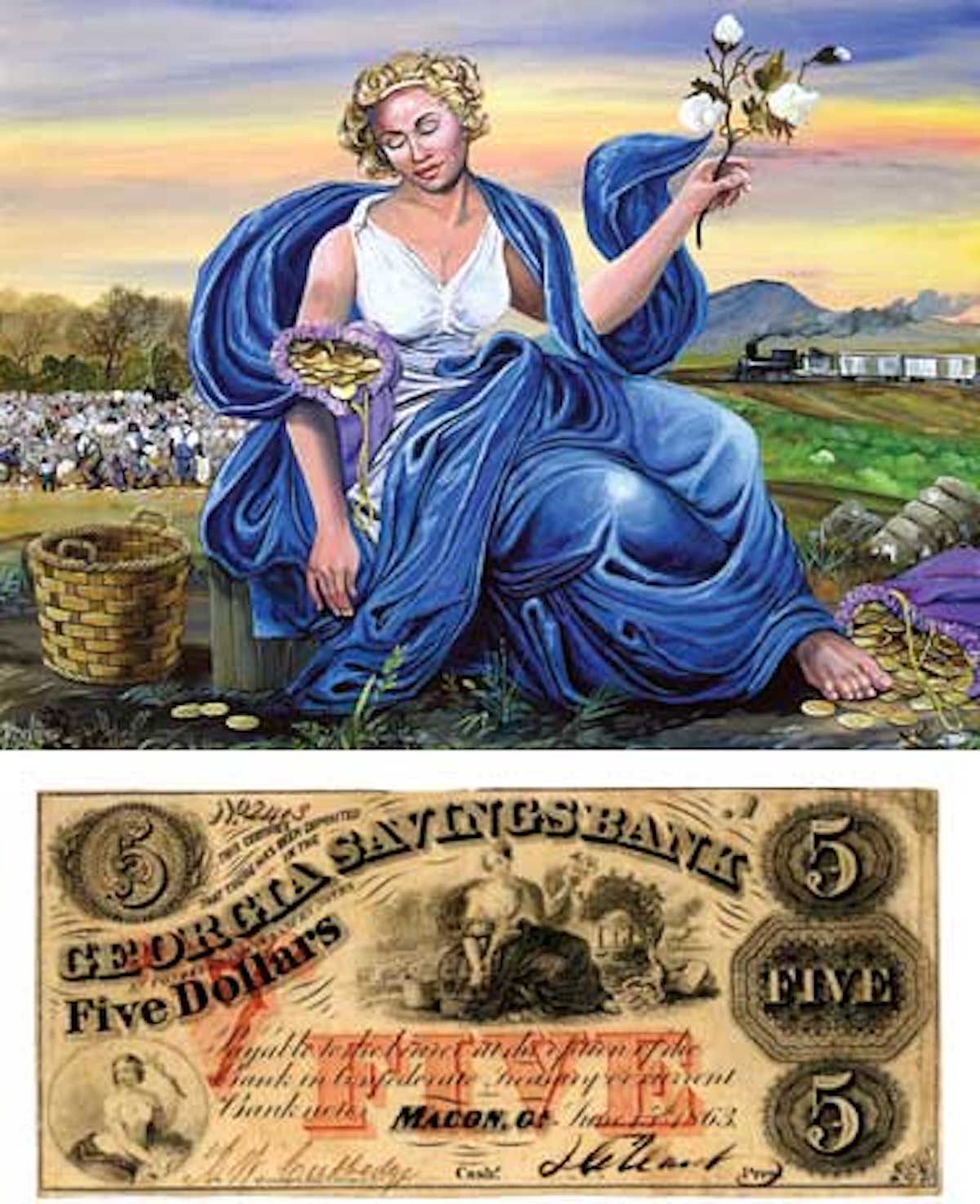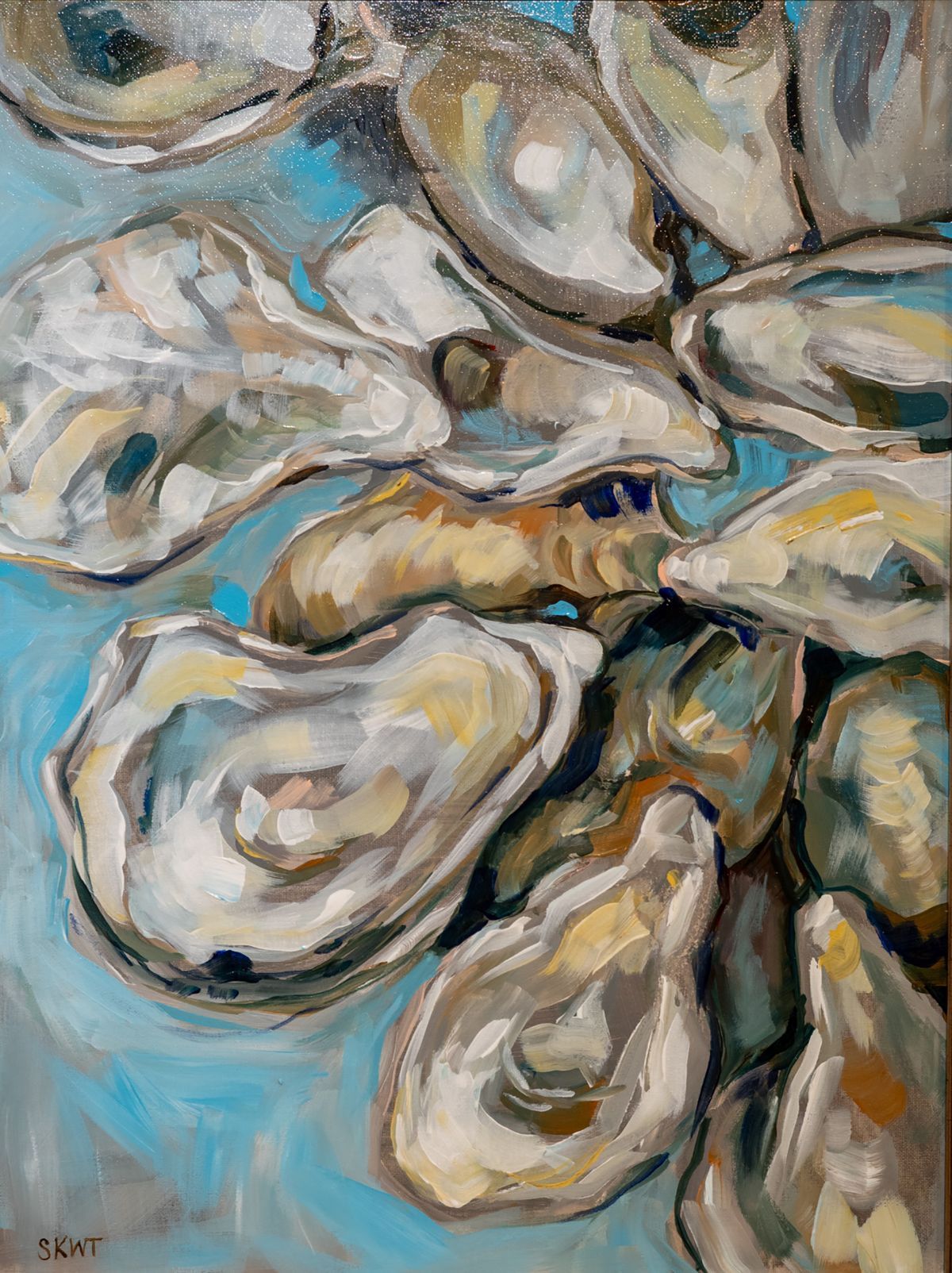By ALAN SCHUSTER
Whether it’s Jules Massenet’s Manon or Giacomo Puccini’s Manon Lescaut, both takes on the French novel by Abbe Prevost have achieved distinctive success in the opera world.
Massenet’s premiered in 1884 and Puccini’s in 1893. Since then, the Met has staged Massenet’s work 270 times, and Puccini’s 230 times. This season, the Met will be adding even more to both lists.
Massenet’s work was written in five acts, as described below, but will be effectively combined into three with two intermissions on Saturday.
Milton Cross, the voice of the Met’s radio broadcasts for more than 40 years, portrayed Massenet’s Manon as “The story of a charming young French girl who is too anxious for a life of pleasure, too young to know the ways of the world and how to avoid its pitfalls – but still can’t find it in our hearts to condemn her, but feel only pity and sympathy as her career winds its course to a degrading and unhappy close.”
Coloratura soprano Lisette Oropesa is the enchanting heroine, with Michael Faviano is the young man after her heart. Maurizio Benini conducts.
Act I
Manon, a beautiful young woman, arrives at an inn in Amiens to meet her cousin Lescaut, who will take her to a convent according to the wishes of her father, who wants to amend her worldly and extrovert character. Manon does not share her father’s wishes, and after being courted by an older man, Guillot, she falls in love at first sight with Des Grieux, a young nobleman passing through town, and they elope and escape to Paris in Guillot’s coach.
Act II
The young couple live in a modest home in Paris. Des Grieux writes to his father asking for his consent to marry Manon. But her cousin and his wealthy friend de Brétigny arrive, saying that Des Grieux’s father is going to have him arrested. Manon believes this and succumbs to the proposals of de Brétigny, who offers her a life of luxury in Paris.
Act III
Manon is now de Brétigny’s lover and enjoying his wealth. But when she learns from Des Grieux’s father that his son has entered a seminary, she rushes off to find him. At first, he rejects her but can’t overcome her seductive ways. He yields to her and leaves the seminary to be with her.
Act IV
At a gambling salon, Manon arrives with Des Grieux and convinces him to gamble. He defeats Guillot continuously but is accused of cheating. Guillot leaves, but returns with police, who arrest Des Grieux and Manon, on the grounds that she is a prostitute.
Act V
Manon is condemned to be deported. Des Grieux and Lescaut plot to save her, but realize there is no hope against so many soldiers. The lovers reunite one last time before she dies in his arms.
From the Met
“Manon features one of the truly unforgettable, irresistible, and archetypal female characters in opera. While the story is firmly set in class and gender issues of the past, the character of Manon herself is timelessly familiar. Massenet’s score captures the drama of the heroine with deft craftsmanship, expressive vocal and orchestral writing, and an almost unparalleled level of sensuality. There is no shortage of passion, but much of the most dramatically (and erotically) charged passages rely on the simplest effects. The quivering of the violins, for example, when the lovers finally touch in the St. Sulpice scene is a brief musical detail, but it is as voluptuous as anything in opera. Likewise, many of the solos make an impact with sublety and delicate colors: The refinement of both Manon’s ‘Adieu, notre petite table’ and des Grieux’s ‘En ferment les yeux’ in Act II create a sense of breathless wonder and suspended time.”





